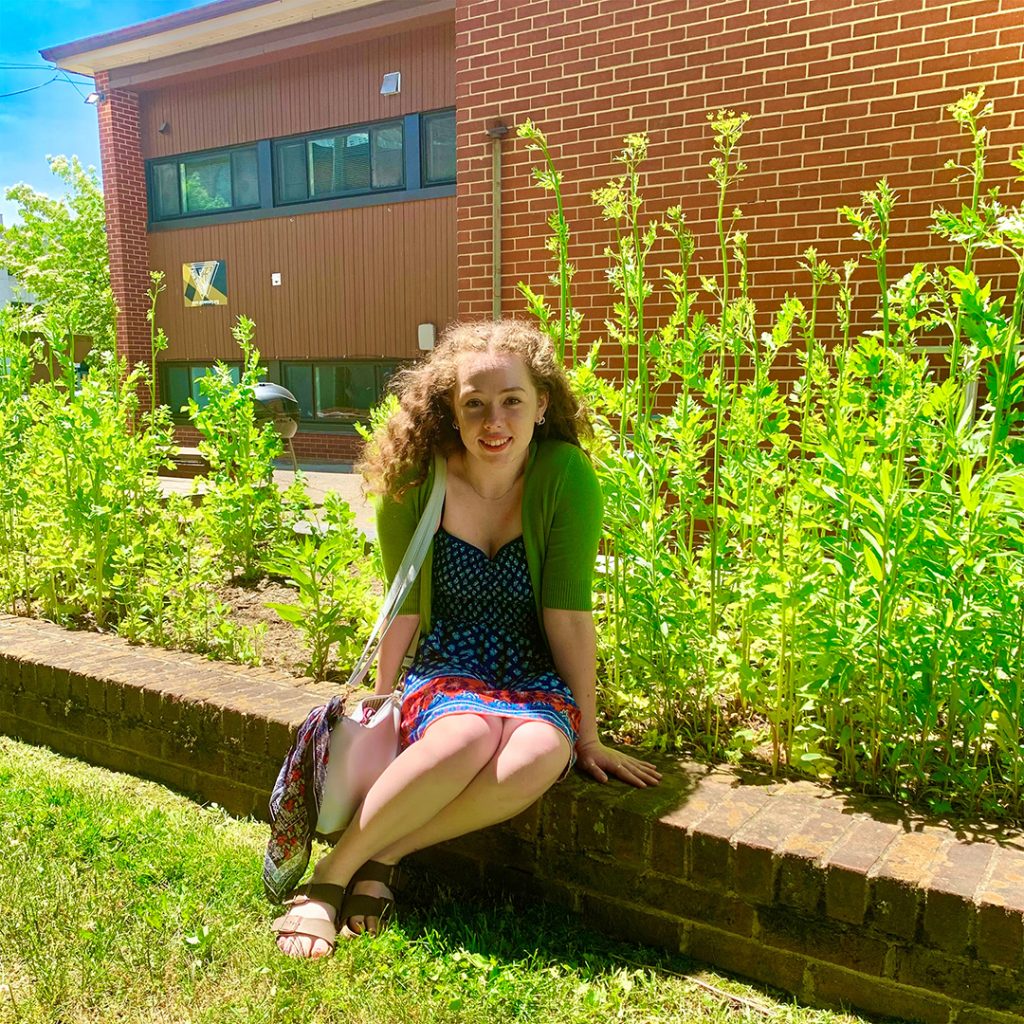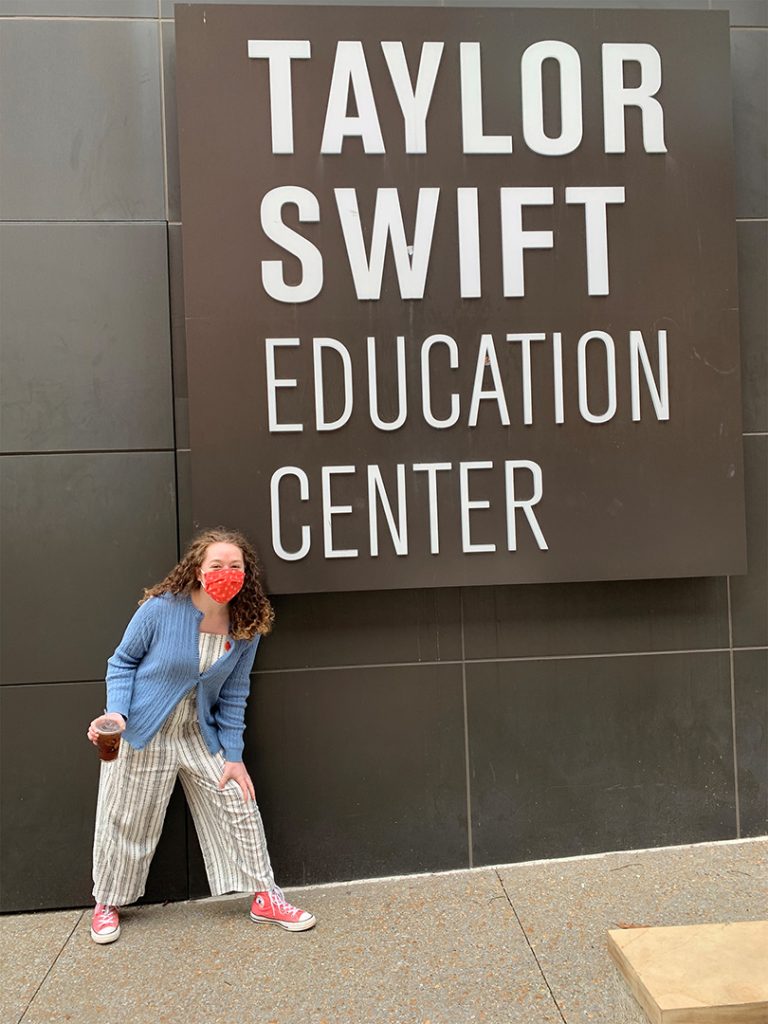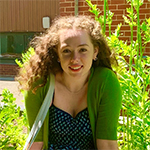My name is Olivia Ares (she/her), and I’d like to provide the opportunity for you to get to know me better. In true blog post fashion, here are some quick facts at the outset:
- I’m from Johnson City, TN, which probably doesn’t mean anything to you unless you’re a fan of Mountain Dew or Logan from Gilmore Girls.
- I’m a freshman here at Duke, and I plan on majoring in Evolutionary Anthropology. For now.
- My party trick is knowing way too much about celebrities.
- I’m half-Cuban, but I’m also a vegetarian, which is a tragedy in seven words. At least I’ll always have moros y christianos.
- I play the fiddle; not the violin. What’s the difference, you ask?
- Those close to me claim I have a “cardigan problem.” (By that, they mean that I own an obscene amount of cardigans. If you ask me, that sounds like the exact opposite of a problem.)

You may be asking yourself what interest I could possibly have in being a research blogger, since I’m clearly destined for a future in comedy (or cardigan connoisseurship). And especially since, as you’ll soon learn, I’m not a science person.
Like a lot of people during our year of virtual school, I went through a lifetime of hobby phases in a matter of months. I started with baking, which only lasted until the bread flour ran out. I watched a lot of movies that I had always wanted to see (which often disappointed), and I rewatched a lot of movies I loved (which never disappointed). I tried learning the guitar, but I never practiced enough to build up the right callouses, so I never practiced at all. I discovered a love for puzzles and an utter lack of skill for them. I downloaded The Sims 4 on a free trial, spent months building a super cool house, then deleted the whole game.

The only thing that’s stuck so far has been reading. In middle school, we used to stay up late with a flashlight under our covers to finish books, then abruptly lost all motivation somewhere between The Giver and The Scarlet Letter. I think we forgot along the way that there are no rules to reading; there’s no one to impress. There’s no one to sample your sourdough or judge your twangy, painful acoustic cover of “Three Blind Mice.” Reading is something you do purely for yourself.
Reading makes information and ideas universally accessible; it connects worlds using only ink on a page. There’s this myth that analytical minds are not creative minds and vice versa, and it alienates people: people who would bring such great perspectives to the table if they hadn’t been defined by a checklist of abilities. Reading is for everyone to find what they love and to love what they find (or hate it; one of the great things about doing things for yourself is that you can just quit whenever you want to).
Scientific research, on the other hand, is something produced for everyone. Humans exploring more and more about the world is something that affects all of us, despite the research being conducted only by a select few of us.

Freshman year of high school, I finished chemistry with a B, which was a miracle considering I was rocking a D around November. I had to change my way of looking at the material; I couldn’t remember the makeup of an atom, but I could remember it if I thought about the stories of individuals who built off of each model in succession. I didn’t understand stoichiometry, but I did understand you have to balance equations just like weights on a scale or kids on a see-saw.
My point is: everyone sees things differently. Exclusivity in different fields is fabricated to make information and education elitist, and it is not reflective of individuals’ ability to understand the world. If you want to read about cool science stuff, you shouldn’t feel left out because you’re more of an art history person. If you want to read about cool art history stuff, you shouldn’t feel left out because you’re an aerospace engineer.
So I like to think that I can be that bridge for some people; at the very least, I can do it for myself.

Post by Olivia Ares, Class of 2025
